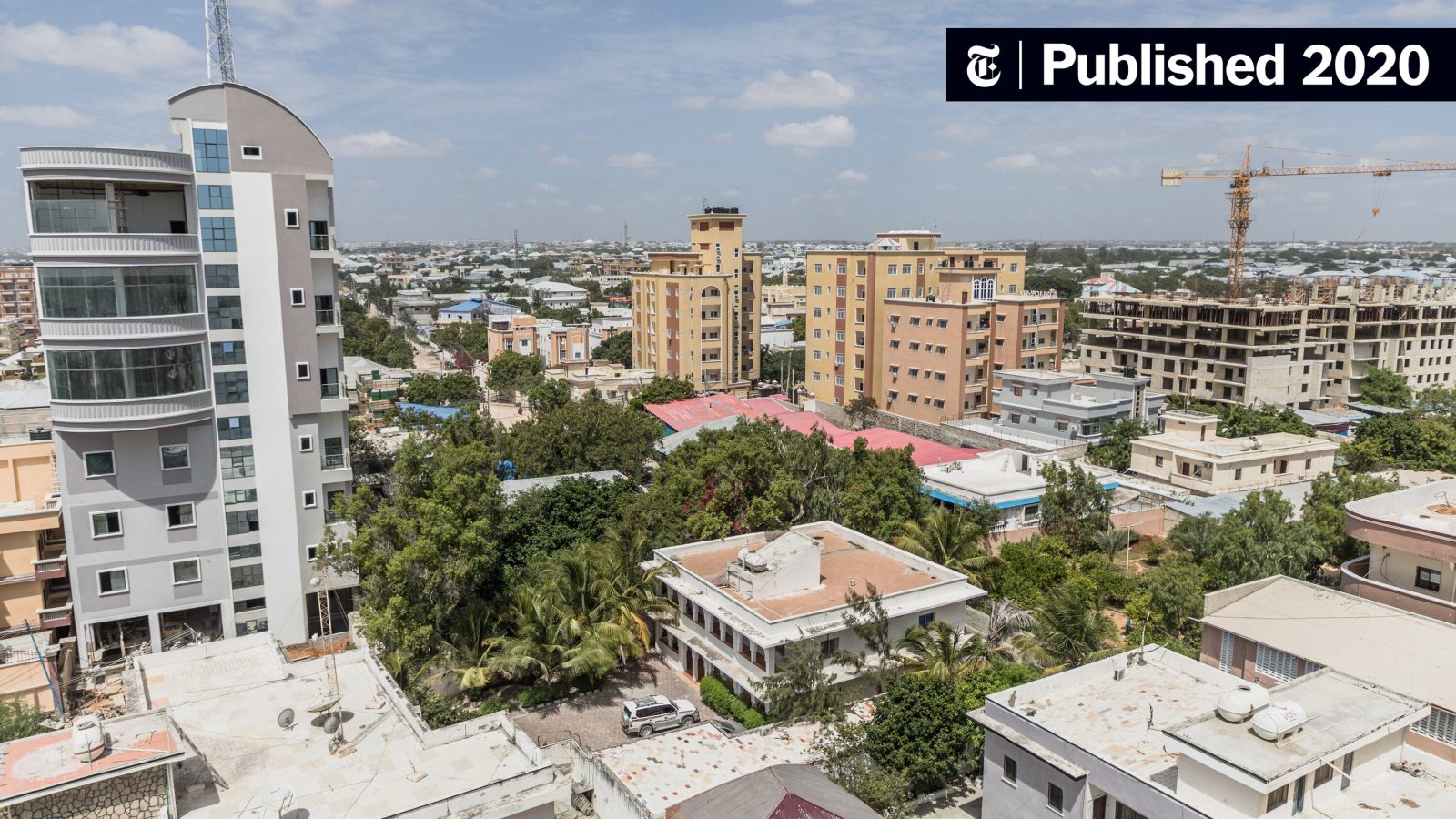
Somalia’s main businesses
Somalia’s main businesses revolve around key sectors that have been shaped by its geographical location, natural resources, and socio-economic conditions. Despite facing political instability and economic challenges, the country exhibits remarkable resilience in its business landscape. Here’s an overview of Somalia’s main businesses:
1. Livestock Trade
Livestock is the backbone of Somalia’s economy, accounting for over 40% of GDP and 50% of export earnings. Somalia is one of the world’s largest livestock exporters, primarily exporting cattle, sheep, goats, and camels to Gulf countries, particularly Saudi Arabia, Yemen, and Oman. This sector supports millions of pastoralists who rely on livestock for their livelihood.
2. Agriculture
Agriculture is another vital sector, with a focus on crops such as bananas, sorghum, maize, and sesame. Bananas were once a major export commodity, especially to European markets, though the industry has declined. Sesame production is growing, with exports primarily targeting Asian markets. Local farmers also cultivate fruits like papayas, mangoes, and citrus for domestic and international markets.
3. Fishing
With a coastline stretching over 3,300 kilometers, Somalia has one of Africa’s longest coastlines, rich in marine resources. The fishing industry, though underdeveloped, is gaining attention due to its potential. Tuna, lobster, and other seafood are harvested for export and local consumption. However, illegal fishing by foreign vessels poses significant challenges to the industry’s growth.
4. Retail and Informal Trade
Retail businesses dominate urban centers such as Mogadishu, Hargeisa, and Bosaso. Informal markets play a critical role, providing goods ranging from electronics and clothing to household essentials. Many small-scale entrepreneurs import products from Dubai, China, and Turkey to supply local markets.
5. Telecommunications
Somalia has one of the most competitive and cost-effective telecommunications sectors in Africa. Companies like Hormuud Telecom provide affordable mobile, internet, and mobile money services. The mobile money system, in particular, has revolutionized commerce in Somalia, enabling cashless transactions across urban and rural areas.
6. Remittance Services
Remittances from the Somali diaspora, estimated at over $1 billion annually, are a significant contributor to the economy. Money transfer businesses such as Dahabshiil and Amal Express facilitate these transactions, which support households, businesses, and development projects.
7. Construction and Real Estate
With the reconstruction of urban areas, the construction and real estate sectors have experienced rapid growth. Infrastructure development, residential housing, and commercial buildings are expanding in cities like Mogadishu and Hargeisa, driven by private investments and diaspora contributions.
8. Energy
The energy sector is emerging, with investments in renewable energy such as solar and wind power. These initiatives aim to address Somalia’s limited access to electricity, particularly in rural areas. Diesel-powered generators remain the primary energy source for businesses and households.
9. Logistics and Port Services
Somalia’s strategic location along the Red Sea and Gulf of Aden positions it as a key player in regional maritime trade. Ports like Berbera, Mogadishu, and Kismayo are critical hubs for imports and exports, supported by investments from countries like the UAE and Turkey.
10. Hospitality and Tourism
The hospitality industry is gradually growing, with hotels and restaurants catering to expatriates, aid workers, and diaspora visitors. While tourism remains limited due to security concerns, historical sites, beaches, and cultural heritage hold long-term potential.
Conclusion
Somalia’s main businesses highlight the country’s resourcefulness in navigating economic challenges and leveraging its natural resources. While the potential for growth exists across multiple sectors, sustainable development will depend on improved security, governance, and investment in infrastructure.



Leave a Reply